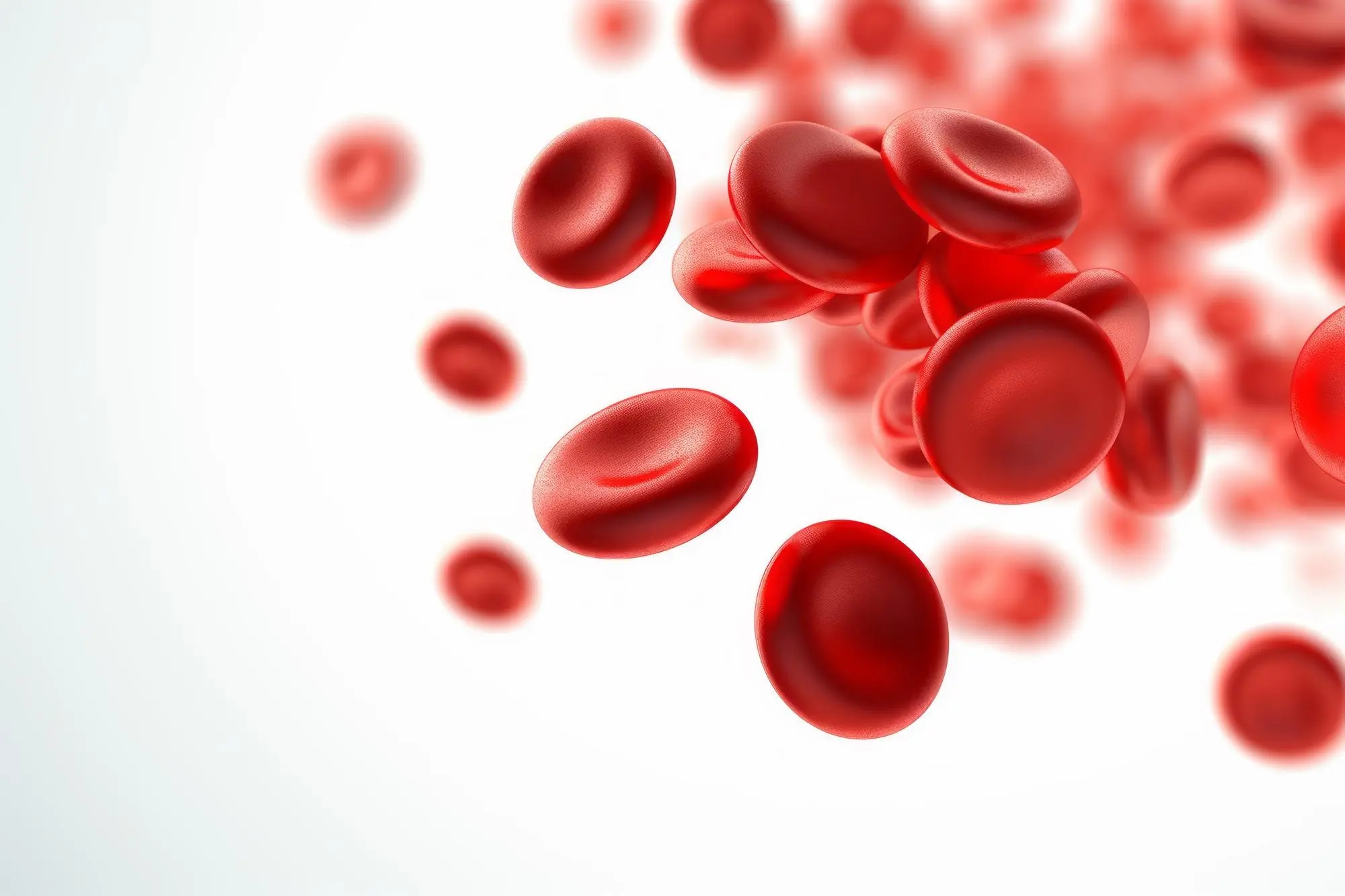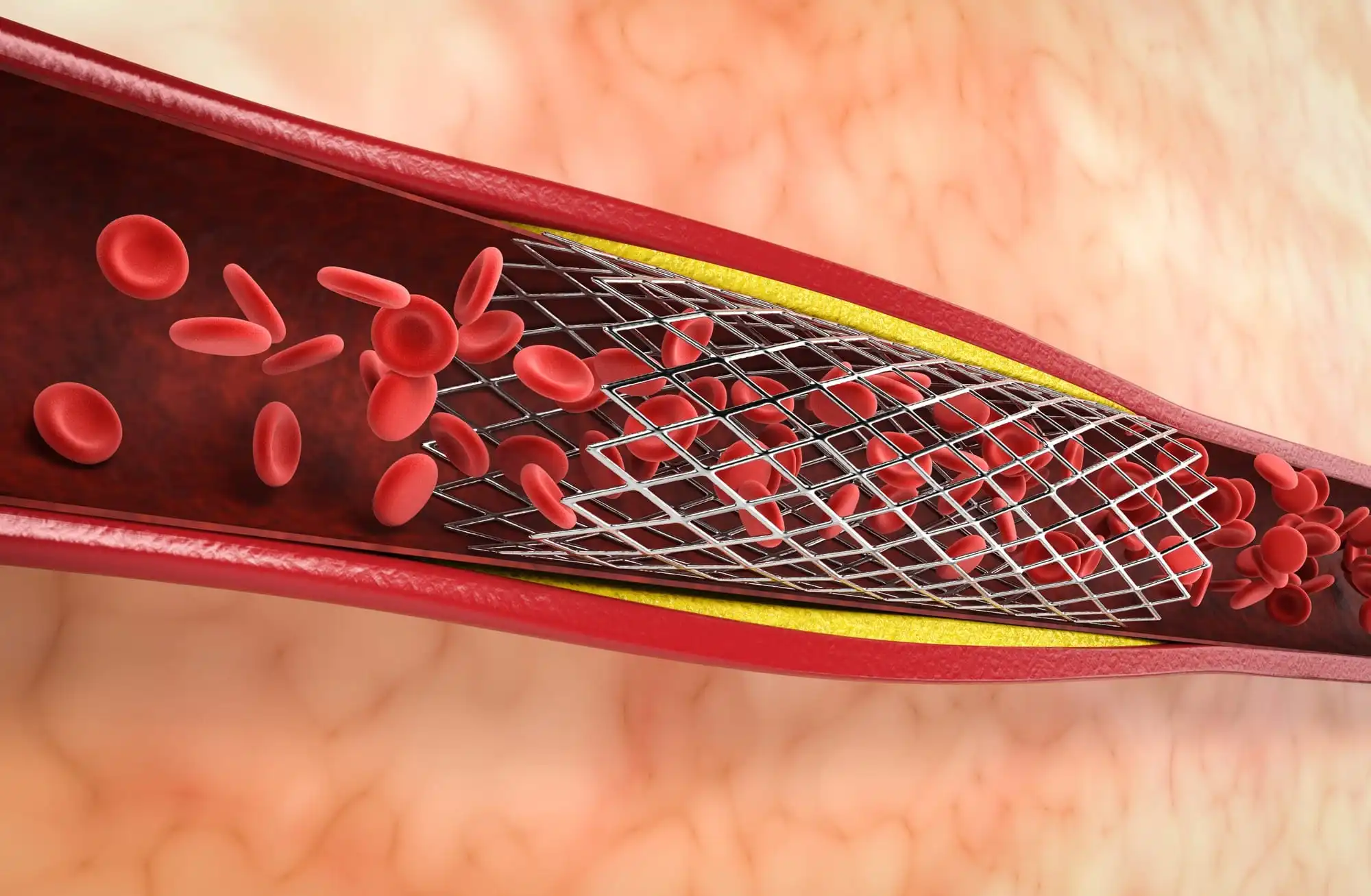The liver, a silent workhorse in our body, silently performs countless functions. Any harm or injury to this vital organ can disrupt our overall well-being. Liver disorders and damage are all too common, and one essential diagnostic tool to assess liver health is the SGPT test.
This article delves into the significance of SGPT and its role in understanding liver function.
What is SGPT Test?
First things first, let’s break down what SGPT stands for – Serum Glutamic Pyruvic Transaminase. Often referred to as ALT (alanine aminotransferase), SGPT is an enzyme found in plasma, various body tissues, with a prominent presence in the liver. It plays a crucial role in breaking down proteins and converting them into energy.
Monitoring SGPT levels is critical because they can indicate the state of your liver. Increased SGPT levels may be linked to liver disorders, diabetes, heart issues, obesity, hepatitis C, and certain medications. This test measures the quantity of Glutamate Pyruvate Transaminase (GPT) in blood serum.
Why SGPT Testing Matters?
- Liver Function: If you’re curious about your liver’s well-being, an SGPT test can provide answers. Doctors may also recommend it during typhoid fever cases to evaluate liver health.
- Liver Damage: SGPT results can reveal damage to liver cells, making it a valuable tool for assessing liver health in individuals with alcohol use disorders.
- Liver Diseases: It aids in diagnosing liver disorders like jaundice (elevated bilirubin levels in the blood), hepatic failure (liver malfunction), and hepatitis (liver inflammation).
- Cirrhosis: SGPT testing can detect the late stage of liver fibrosis, characterized by thick and stiff liver tissue.
- Liver Tumors: It can signal the presence of abnormal tissue masses in the liver due to uncontrolled cell growth, which may be benign or malignant.
- Liver Ischemia: Insufficient blood supply to the liver, often due to underlying health issues, can be identified through this test.
- Monitoring Medications: In patients taking anti-tuberculosis drugs and antibiotics, the SGPT test indirectly indicates any potential liver damage due to medication toxicity.
- Pregnancy Monitoring: SGPT levels in pregnant women may fluctuate, offering insights into liver function during pregnancy.
SGPT Test Procedure
Interpreting SGPT Results
SGPT test results are measured in units per liter (U/L), with the normal range slightly varying between different laboratories. The doctor evaluates these results in the context of your overall health, including factors like age, gender, physical activity, medications, menstruation, and other relevant details.
Elevated SGPT levels are generally associated with liver-related conditions, including inflammation and scarring. It’s worth noting that high SGPT levels can sometimes occur without any underlying health issues.
When SGPT levels are significantly elevated, it may signal an acute liver problem, while mild or moderate elevation, especially if consistently observed over multiple tests, can point to chronic liver disease. However, the level of elevation alone does not always predict the extent of liver damage.
When is the SGPT Test Recommended?
- Vomiting and Nausea: Sudden discomfort and the expulsion of stomach and intestinal contents.
- Weakness and Fatigue: A marked lack of energy.
- Leg Swelling: The accumulation of fluids in the legs, also known as Edema.
- Excessive Bleeding or Bruising: Liver damage can lead to the release of SGPT into the bloodstream, making bruising and bleeding more apparent.
- Jaundice: Yellowing of the skin due to bilirubin release in the blood.
Stay Health-e
Regular checkups are essential for monitoring liver health. Maintaining a personal health record (PHR) can streamline this process and help you keep track of your medical history. Consider using a PHR app like Health-e to access your medical records from anywhere, eliminating the need for physical documents. Taking care of your liver’s health is vital, and these tools can make it more accessible and convenient.
Frequently Asked Questions (FAQs):
1. What is The Normal Range of SGPT?
2. What is The Cost of an SGPT Test?
3. Why do SGPT Levels Increase?
Here are some of the common reasons leading to increase in your SGPT levels:
- Dermatomyositis
- Gallbladder inflammation
- Epstein Barr virus infection
- Hepatitis C
- Obesity
- Heart attack
- Diabetes
- Celiac disease
- Acute viral hepatitis A and B
- Alcoholism
- Advanced age
- Substance abuse
4. What are The Symptoms of High SGPT Levels?
High SGPT levels come with various signs and symptoms. Some of these include:
- Jaundice
- Easy bruising
- Excessive bleeding
- Shortness of breath
- Swelling in the legs
- Fatigue
- Weakness
- Nausea and vomiting
5. How Can You Manage SGPT Levels?
If your regular check-up reveals high SGPT levels, consider the following tips to help manage and lower them:
- Make healthy lifestyle choices
- Maintain a balanced diet
- Ensure an adequate intake of vitamin D
- Consume fruits and vegetables rich in vitamin D
- Engage in regular physical exercise
- Maintain a healthy weight
Taking these steps can contribute to healthier SGPT levels and overall well-being.





